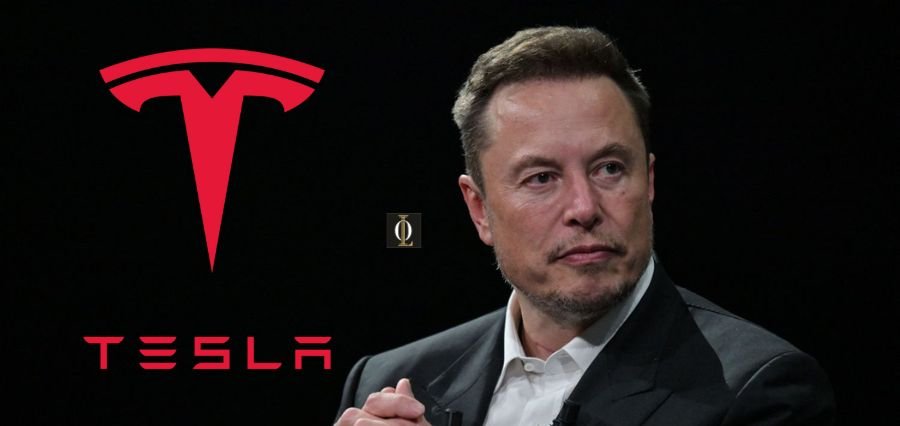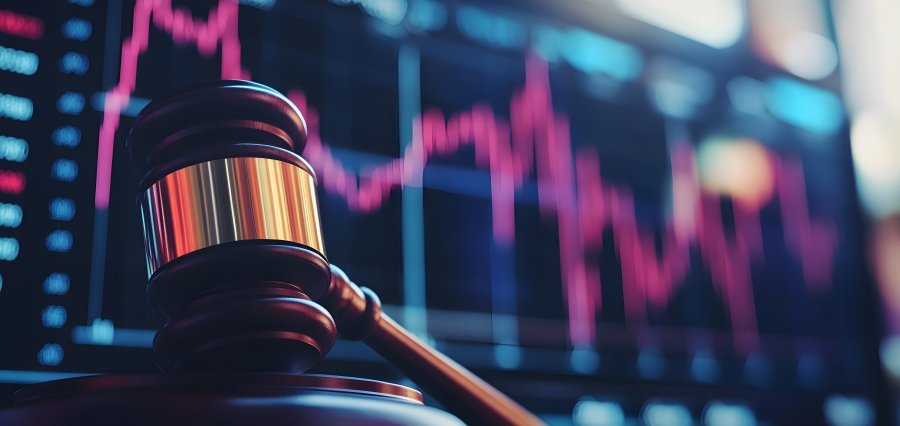Prime Highlights
- Tesla’s board voted to give Elon Musk a $29 billion stock award during the raging lawsuit fight.
- The vote is being taken in an effort to keep Musk in place at the top as the company fights the 2018 pay package that was rejected.
Key Facts
- 96 million shares of Tesla will be given to Elon Musk, if he serves as CEO for two years or longer.
- The award is supposed to be non-duplicative with the contentious $56 billion 2018 payoff plan.
Key Background
Tesla’s board of directors has signed off on a temporary pay package of approximately $29 billion for CEO Elon Musk. The grant of 96 million shares is in response to a Delaware court ruling invalidating Musk’s initial $56 billion pay package approved in 2018. In the court decision, Tesla’s board did not take adequate governance steps, the board members claiming Musk had too much control over the decision.
Although Tesla is still appealing the decision, the board reiterated that the new grant is a “good faith” award to show appreciation for Musk’s value add and keep him in Tesla’s future. The package comes with stringent conditions: Musk is required to remain in an executive leadership position for another two years and keep the awarded shares for no more than five years. In case courts reinstate the original 2018 plan, this new payment will be revoked to prevent duplicity.
The choice is at a crucial juncture for Tesla, which faces mounting competition in electric vehicle, AI, and robotics divisions. Musk’s direction of such initiatives as robotaxis and humanoids is considered essential to the company’s long-term strategy. The board viewed Musk’s direction as essential to maintaining investor optimism, bringing top-level talent into the company, and pushing innovation in frontier technologies.
Even after recent mistakes, such as brand reputation errors and shrinking profit margins, Tesla’s shares rose moderately after the announcement. Yet, the massive grant has fueled public controversy over CEO pay and governance issues. Critics say that such a huge reward, even if performance-based, is subject to fairness and accountability doubts—particularly at a time of organizational turmoil and legal ambiguity.
Read Also : Delta Air Lines Rules Out AI‑Powered Personalized Fares Amid U.S. Lawmaker Scrutiny





